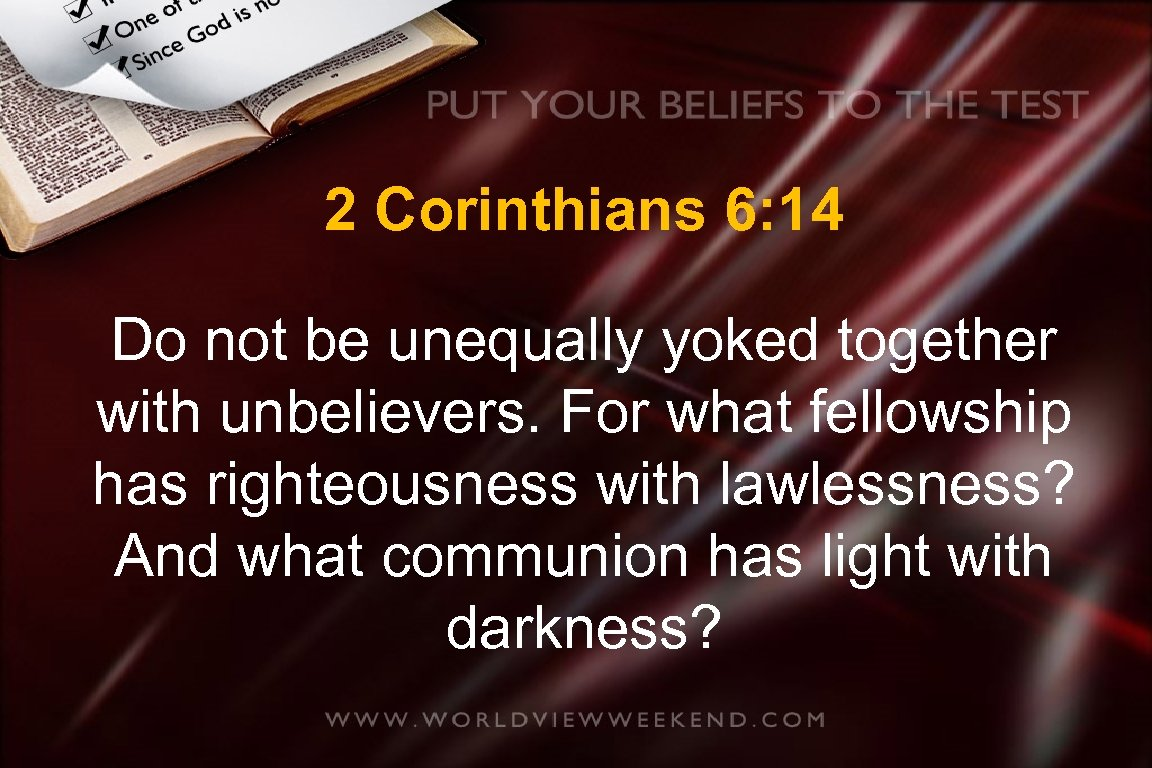ARIZONA SUPREME COURT TO HEAR WEDDING INVITATION ARTISTS’ APPEAL SEEKING RIGHT TO DECLINE SAME SEX “MARRIAGE” ORDERS
republished below in full unedited for informational, educational and research purposes:
PHOENIX, Ariz. — The Arizona Supreme Court has
agreed to hear the appeal of two women who run an
art studio and fear that a Phoenix non-discrimination
ordinance could be used against them to force them
to accept orders for same-sex celebrations or else face
penalties that could include fines and/or jail time.
Joanna Duka and Breanna Koski run Brush & Nib Studio, which
offers hand-painted and hand-lettered wedding announcements and
invitations, as well as custom calligraphy place cards, vows and
weddings certificates. They want their artwork to point to the creator
of all beauty: God.
“[W]e have a love and a passion for art and weddings, and there’s
such a beautiful picture in marriage of Christ and His love for the
Church,” Koski recently stated during an appearance on Fox &
Friends.
However, after launching their business in 2015, they became aware of
news reports of Christian business owners facing legal trouble for
declining to use their services to contribute to same-sex “weddings.”
Some of their friends asked them what they would do.
Coupled with the fact that the U.S. Supreme Court had ruled that
homosexuals had a right to have their relationships recognized by the
State, Duka and Koski realized that they might not have the liberty as
Christians to decline orders surrounding same-sex “weddings.” They
decided to look into their local laws to learn more.
In 2016, with the aid of the religious liberties organization Alliance Defending Freedom (ADF), the women filed a legal complaint to preemptively challenge the Phoenix non-discrimination ordinance,
which states that “[n]o person shall, directly or indirectly, refuse,
withhold from, or deny to any person, or aid in or incite such refusal,
denial or withholding of, accommodations … because of … sexual
orientation …”
The law also declares that it is unlawful for any business to
“directly or indirectly display, circulate, publicize or mail any
advertisement, notice or communication which states or implies that any
facility or service shall be refused or restricted because of … sexual
orientation …” Therefore, the women could not post on their website any
notice that they can only promote marriage between a man and a woman.
“Indeed, Phoenix has already investigated another business for
declining to promote a same-sex ceremony for religious reasons and
issued a formal report saying [that the law] requires business like
Brush & Nib—those that create expression—to promote same-sex wedding
ceremonies if they promote opposite-sex wedding ceremonies,” the
lawsuit stated.
However, last year, the Maricopa County division of the Superior Court of Arizona ruled in favor of the City,
and opined that the law didn’t interfere with Duka and Koski’s
religious exercise rights. Judge Karen Mullins defined and limited the
concept under the state Constitution as “proselytizing, preaching and
prayer,” and attending the church of one’s choice.
“The facts here do not involve any kind of religious worship as
contemplated by the Free Exercise Clause. Proselytizing, preaching and
prayer are protected by the Free Exercise Clause,” she wrote. “Nothing
about the ordinance has prevented the plaintiffs from participating in
the customs of their religious beliefs, or has burdened the practice of
their religion in any way.”
“The printing of same-sex persons’ names on wedding invitations does
not hinder in any way Plaintiffs’ independent exercise of its religious
belief by attending the church of their choice, engaging in religious
activities or functions, and expressing their beliefs on their business
website or literature, or in their personal lives,” Mullins asserted.
She ruled that Duka and Koski are “free to publish their religious
beliefs so long as they do not state or imply that same-sex couples are
unwelcome as customers.”
The women appealed, and in June, the Arizona Court of Appeals struck
down part of the ordinance, but allowed the language most concerning to
Brush & Nib to stand. It also suggested as a resolution that Duka
and Koski cease making custom wedding-related artwork and invitations,
and simply offer general products that they could sell to anyone without
issue.
“Appellants are free to discontinue selling custom
wedding-related merchandise and maintain the operation of Brush &
Nib for its other business operations,” the court wrote. “What Appellants cannot do is use their religion as a shield to discriminate against potential customers.”
Duka and Koski again appealed, and last month, their petition was
accepted by the Arizona Supreme Court. A number of faith-based groups
have now filed amicus briefs in support of the women, as did Arizona
Attorney General Mark Brnovich. Seven states joined Brnovich in the
filing: Arkansas, Louisiana, Nebraska, Oklahoma, Texas, West Virginia
and Kentucky.
“[T]he City has no legitimate interest in compelling artists to
modify their artistic messages to promote government-favored messages,
no matter how well-intentioned,” the amicus brief
states. “A government simply cannot force a citizen to engage in or
endorse expression—whether saluting a flag, or even passively carrying a
message on a license plate.”
“Forcing Petitioners to participate in the recognition and
celebration of ceremonies they consider sacred in violation of
their religious beliefs, is hardly a ‘trivial, technical or de minimis
infraction.’ This is especially so considering that, for each day
Petitioners refuse to do so, they can be punished with six months in
jail and a fine of $2,500,” it outlines. “The court of appeals erred by
applying the wrong standard.”
